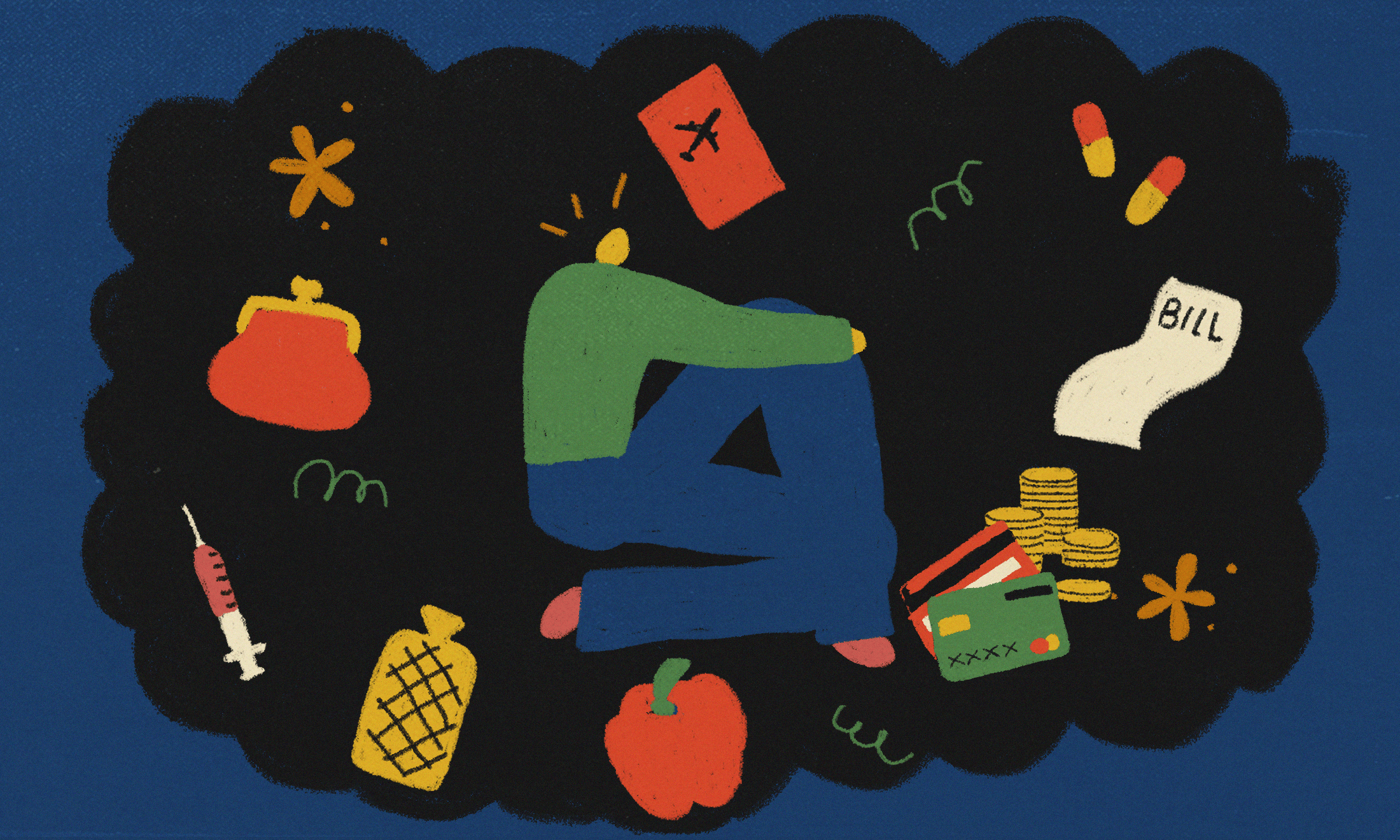
Nadia Whittome/Canva
‘Male MPs talk to my chest rather than my face’: Nadia Whittome on sexism and power in Westminster
Fresh harassment claims are just the latest scandals of pervasive misogyny in Parliament. As a woman of colour, you are always reminded of your status as an outsider, writes the Labour MP
Nadia Whittome
09 May 2022
Content warning: This article contains mention of sexual assault.
Parliament is institutionally sexist – I say this without hesitation. Fresh allegations of misogyny and harassment have surfaced in recent weeks: a Tory MP watching porn in the Commons, another claiming the Deputy Leader of the opposition uncrosses her legs to distract the Prime Minister, and 56 MPs reportedly under investigation for sexual misconduct.
They join the mountain of examples of sexism from previous months and years. Every time, there is a small wave of scandal followed by promises of action, then little changes and there is silence – until the next revelations surface.
Despite a growth in the number of women MPs, Parliament still feels like a “boys club” – and a wealthy, white one at that. For those of us who don’t fit the mould, you’re aware of your status as an outsider.
It can be small things; as a young woman of colour, I’m always conscious that I may be judged more harshly than my colleagues who are male and white for what I wear and how I come across. This is the same experience for women of colour in workplaces everywhere.
In the Commons Chamber, the heckling from male Tory MPs feels more aggressive than when men on my side of the benches speak. In conversations with male MPs, I regularly notice them talking to my chest rather than my face.
“As with all misogyny, so much of this is about power”
But perhaps the most alarming incident was before I became an MP, when I briefly worked in Parliament at the age of 19. A senior Tory MP asked me if I was on Tinder. Mortified, I laughed it off nervously at the time, but I can see now just how inappropriate it was. As with all misogyny, so much of this is about power. He had a lot, I had little.
Women MPs should not have to put up with sexism in our workplace. Although being in the public spotlight means we face somewhat unique misogynistic behaviour – like rape threats slid into our DMs – our position of privilege does sometimes shield us, especially inside the confines of the Houses of Parliament. It is the women with far less power who have to deal with abusive and predatory male MPs who I am most worried about – such as members of staff, constituents and partners.
Many in the media have asked recently how this behaviour has continued to go unchecked for so long. To me, the answer is straightforward. The power and status conferred on male MPs makes far too many feel entitled to treat women around them however they want and feel untouchable when it comes to consequences. In some cases, this will also be coupled with reactionary views about women.
Misogynistic Tory MPs need only look at their leadership to see how lightly these issues are taken. The Prime Minister himself ran on a promise of “voting Tory will cause your wife to have bigger breasts” in 2005. He referred to female athletes at the 2012 Olympics as “semi-naked women playing beach volleyball … glistening like wet otters” and Muslim women wearing the niqab as “letterboxes” and “bank robbers”.
“When the leader of our country can make sexist remarks with no damage to his career, is it any wonder that other men feel able to do the same?”
Meanwhile, Theresa May restored the whip to Charlie Elphicke (at the time accused, and then later convicted of sexual assault) in an attempt to get her Brexit deal over the line. The Conservative Party were informed about Imran Ahmad Khan’s sexual assault on a child while he was still a candidate by the survivor himself. They did nothing. After he was elected, he was appointed to sit alongside survivors on a child sexual exploitation panel.
With one in 12 MPs being investigated for sexual misconduct amid a wider culture of misogyny in Parliament, is it any wonder that tackling male violence and gender inequality remain low priorities for the government? When the leader of our country can make sexist remarks with no damage to his career, is it any wonder that other men feel able to do the same?
Confronting the oppression of women across society means opposing misogyny in our political institutions – but it cannot be limited to that. Despite the progress we have made, women’s exploitation remains deep-rooted. The jobs we have are often low-paid and undervalued; we continue to take on an unequal share of household chores and childcare. In 2021 at least 141 women in the UK were killed by men – a figure that has increased in this. For women of colour, the picture is even worse.
Women need change in their everyday lives and it is clear that our political institutions, riddled with sexism, will not simply hand it to us. We need powerful unions defending women at work and fighting for better pay. We need a feminist movement to make the state improve childcare and public services. And we must create a cultural shift, in every workplace, community and institution, that treats misogyny and male violence with the seriousness it deserves, so others no longer stand by when misogynistic behaviour and harassment occurs.
The way we create true change at the top is to force it from below.
Our groundbreaking journalism relies on the crucial support of a community of gal-dem members. We would not be able to continue to hold truth to power in this industry without them, and you can support us from £5 per month – less than a weekly coffee.

Against the binary: imagining a future of holding my chest high

Nadia Whittome: ‘Jeremy Hunt’s Spring Budget is a slap in the face for Britain’s workers’

For some Black women, slimness equals safety





